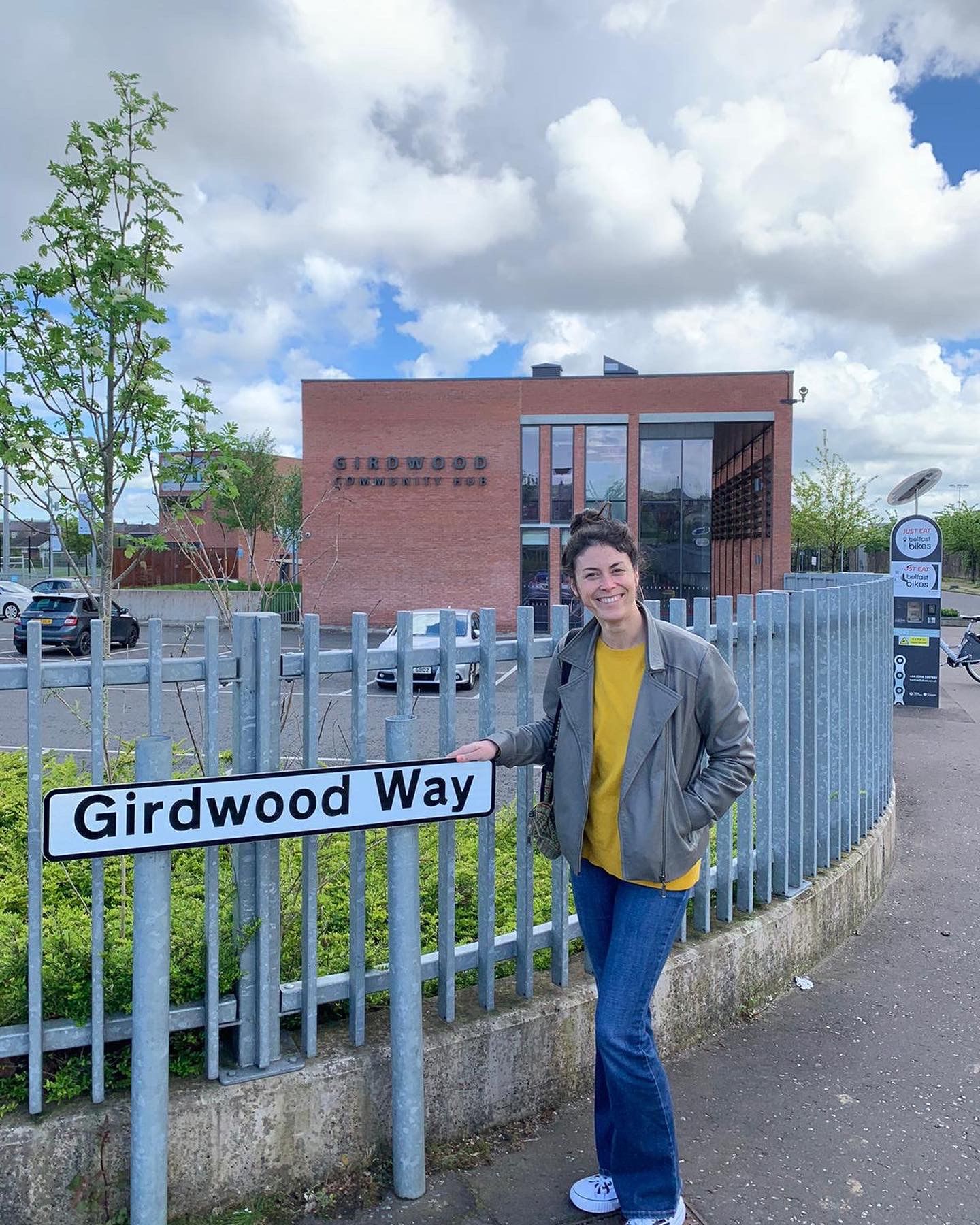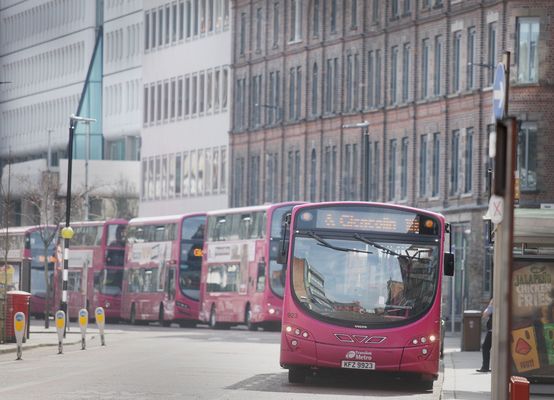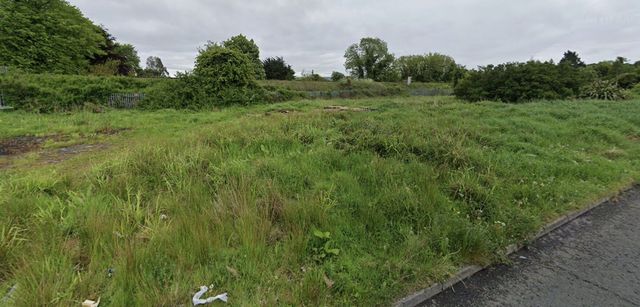A NEW book examines the failure to tackle the North's housing crisis in the wake of the Good Friday Agreement – and how sectarianism played a part in that failure.
The book, written by Dr Elizabeth DeYoung from the University of Pennsylvania, focuses on the former Girdwood Barracks in North Belfast, with Dr DeYoung also referencing a similar impasse currently playing out at the Mackie's site in West Belfast.
In the book, Dr DeYoung argues that the redevelopment of the former Girdwood army base in North Belfast was seen as a “symbol of hope” for the North. The site was touted internationally as a major investment in a former conflict zone and an internationally significant peacebuilding project.
However, Dr DeYoung believes the spectre of sectarianism haunted the regeneration agenda at Girdwood. Throughout the process, politicians, community groups and paramilitaries wrangled over the site’s future, and a territorial contest trumped housing need.
Booklaunch: Power, Politics & Territory in the New Northern Ireland
— John Barry is part of UCU Rising (@ProfJohnBarry) January 4, 2024
Launch event of the new book by Dr Elizabeth DeYoung, with a talk by Professor Marianne Elliott
Monday 29th January, 4.30-6pm, @QUBelfast
Registration and more details here: https://t.co/pIXZyr5bWe pic.twitter.com/v8j8Eoajqa
After 11 years of negotiation and £11.7 million, the EU-funded Girdwood Community Hub opened its doors to the public in 2016 – but its impact has been underwhelming, Dr DeYoung writes.
The same story has played out recently at the Mackie’s site in West Belfast, where a thumping majority of Belfast city councillors (12-1) voted in favour of turning the site off the Springfield Road into a greenway instead of a social housing development – something which housing campaigners say is desperately needed locally.
The 25-acre Mackie’s factory site is a publicly-owned space and, if developed, has the potential to provide 900 cross-community homes in an area of extremely high need. The campaign, led by families united under the umbrella 'Take Back the City', is supported by Participation and Practice of Rights (PPR).
Dr DeYoung examines the challenges faced by housing rights campaigners in the city, highlighting the persistent inability of the leading parties to effectively address the housing crisis in a manner free from the shackles of sectarianism.
Dr DeYoung spent six years immersed in the Girdwood story and its implications for social justice in the post-GFA North. At the book launch, she will explore the ongoing Mackie’s controversy and its broader implications.
A Podcast for the weekend.
— PPR (@PPR_Org) December 1, 2023
Dr. Elizabeth DeYoung explains her new book "Power, Politics and Territory in the ‘New Northern Ireland’.
Look out for the Belfast launch in @QUBelfast on 29 January 2024.
🔉https://t.co/ohMGdQ8Xwm pic.twitter.com/HbNwQWexRe
In conversation with Dr DeYoung will be Marissa McMahon, a Belfast-based housing justice activist, along with Professor Marianne Elliott, a Professor Emeritus at the University of Liverpool, who will introduce the event.
Ms McMahon, a key participant in the Mackie’s campaign and a leading member of PPR, said: “The Mackie’s site represents a critical battleground in our ongoing struggle for housing rights in Northern Ireland.
“The decision to prioritise a greenway over social housing starkly exposes the disconnect between the political agenda and the urgent needs of our communities. Dr DeYoung's book is a powerful testament to the challenges we face and the systemic issues hindering progress in creating cross-community homes.”
Dr DeYoung said: “The legacy of Girdwood is the unfinished business of housing rights and equality in Belfast’s still-divided interface communities. My book argues that the Girdwood Barracks redevelopment is a microcosm of the peace process itself and the ways that post-Agreement politics crumbled under power-sharing.
“I hope to help inform the discussion on why sectarianism continues to influence decision-making in Northern Ireland and how it plays out today at sites like Mackie’s in West Belfast.”
‘Power, Politics and Territory in the “New Northern Ireland”: Girdwood Barracks and the Story of the Peace Process’ by Dr Elizabeth DeYoung will launch at Queen's University on January 29.







